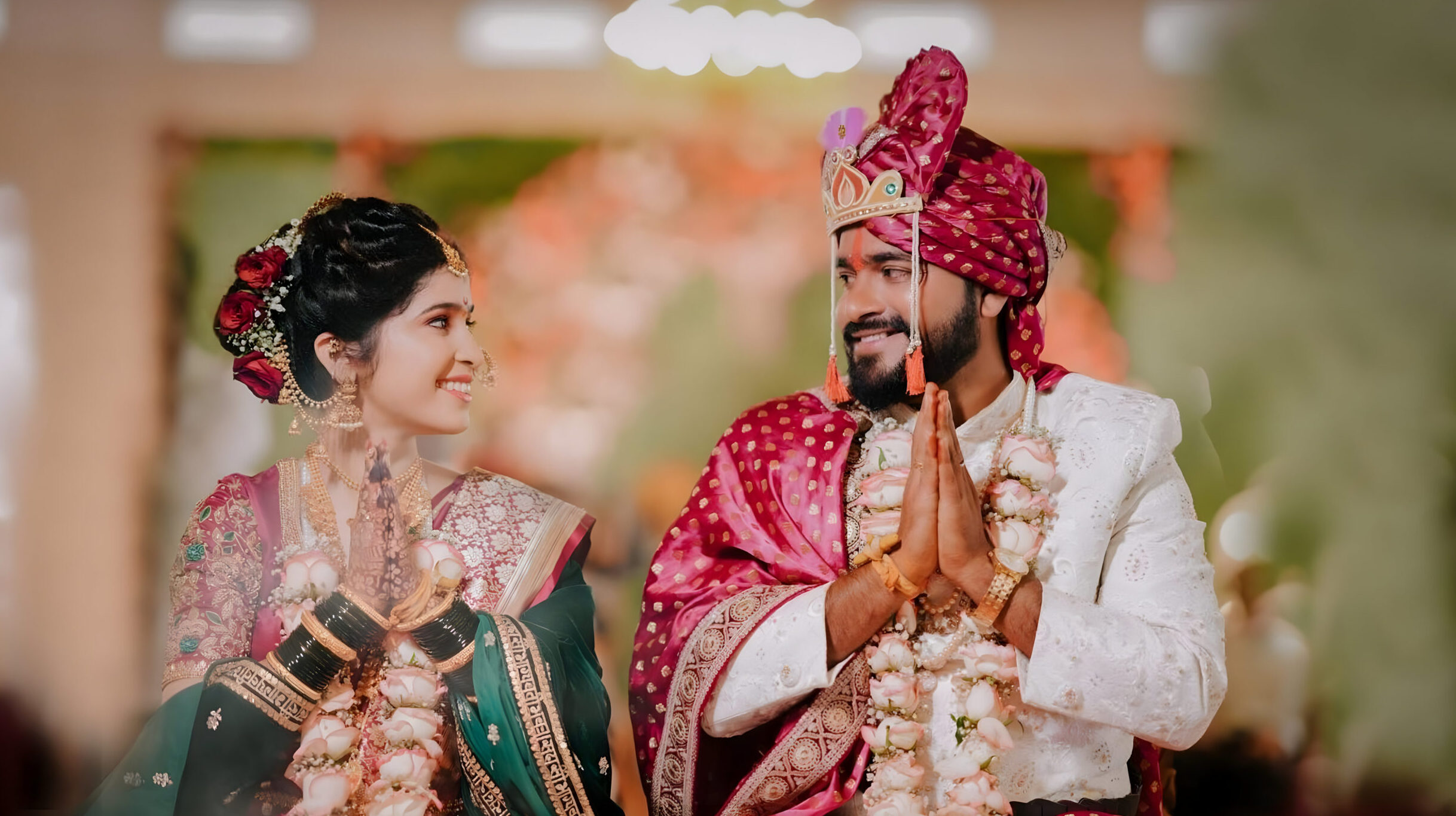Matrimonial platforms have become an essential tool for individuals looking to find their life partners. As these platforms handle vast amounts of sensitive user data, such as personal details, financial information, and private conversations, it is critical that they implement robust security measures to protect user privacy. Let’s explore the various strategies and technologies these platforms use to ensure privacy and security:
Data Encryption
Encryption is the backbone of any secure platform, ensuring that sensitive data is protected during transmission. Most matrimonial platforms use SSL (Secure Sockets Layer) or TLS (Transport Layer Security) encryption protocols to secure the data that users send and receive. This ensures that even if the data is intercepted during transmission, it cannot be read by unauthorized parties.Some platforms go further by implementing end-to-end encryption for personal communications like chat messages. End-to-end encryption means that only the sender and receiver can read the messages, preventing anyone in between, including the platform itself, from accessing the contents. This is especially important for users sharing sensitive information, such as phone numbers or addresses.
Additionally, encryption is used to store sensitive data on the platform’s servers. Data-at-rest encryption ensures that even if hackers manage to breach the servers, the stored data remains unreadable without the encryption keys.
Comprehensive Profile Verification
Fake profiles are a common concern for users of matrimonial platforms, and to address this, most platforms employ multi-layered verification processes. These processes ensure that the profiles are genuine and reduce the chances of scams and fraudulent activities. The verification methods include:
- Email Verification: Users are required to verify their email addresses by clicking on a confirmation link sent to their inbox.
- Phone Number Verification: OTPs (One-Time Passwords) are sent to the user’s phone number, ensuring the person registering is using a legitimate and active number.
- Government ID Verification: Some matrimonial platforms request the submission of government-issued IDs like Aadhaar cards, passports, or driver’s licenses to confirm the identity of the user. This step helps establish authenticity and provides another layer of protection against fake profiles.
These verification steps increase user trust in the platform and reduce the chances of encountering fraudulent profiles.
Advanced Privacy Controls
To give users greater control over their personal data, matrimonial platforms offer comprehensive privacy settings. These allow users to decide how much of their information is visible to others. Some of the common privacy features include:
- Photo Privacy: Users can choose to blur their photos or make them visible only to selected users, ensuring their images are not widely accessible. In some cases, users can control which specific members can view their photos based on mutual interest or other factors.
- Contact Information Privacy: Users can opt to reveal their contact information, such as phone numbers or email addresses, only after they feel comfortable, usually after mutual interest has been established.
- Profile Visibility Settings: Some platforms allow users to restrict who can view their profiles. They can limit visibility to certain groups, such as premium users or verified members, or hide their profile from searches entirely.
These privacy features give users peace of mind, allowing them to engage with the platform while maintaining control over their information.
Anonymous Browsing
Many matrimonial platforms offer an anonymous browsing feature, allowing users to explore profiles without notifying the other person that their profile has been viewed. This feature provides users the freedom to browse safely and discreetly before they are ready to show interest in someone. This option helps individuals explore potential matches at their own pace without feeling pressured.
Reporting and Blocking Mechanisms
User security is further enhanced through the report and block features. If users encounter harassment, inappropriate behavior, or a suspicious profile, they can immediately report the issue to the platform’s support team. Many platforms have 24/7 moderation teams that actively monitor flagged profiles and reported activities. These teams investigate reported users and take necessary actions such as suspending, banning, or removing fake or abusive accounts.
The block feature allows users to prevent specific profiles from contacting them or viewing their profile, adding another layer of personal protection.
User Education
Beyond technical security measures, educating users about online safety is crucial. Matrimonial platforms often provide safety guidelines that emphasize the importance of:
- Avoiding sharing sensitive personal information too early (e.g., address, phone number, financial details).
- Being cautious with profiles that ask for financial help or exhibit suspicious behavior.
- Reporting suspicious activities to the platform’s support team.
GDPR Compliance
If the platform serves users in the European Union, it must comply with GDPR (General Data Protection Regulation). GDPR enforces stringent rules about how platforms collect, process, and store personal data. Users have the right to:
- Access their data and know how it is being used.
- Request the deletion or correction of their data.
- Withdraw consent for data processing at any time.
GDPR compliance ensures that matrimonial platforms maintain transparency regarding user data management, boosting confidence among users about how their data is handled.
Matrimonial platforms are committed to providing a secure and private experience for users. From strong encryption methods to educating users on safe online behavior, these platforms implement multi-faceted strategies to protect user data, maintain privacy, and prevent fraudulent activity.

